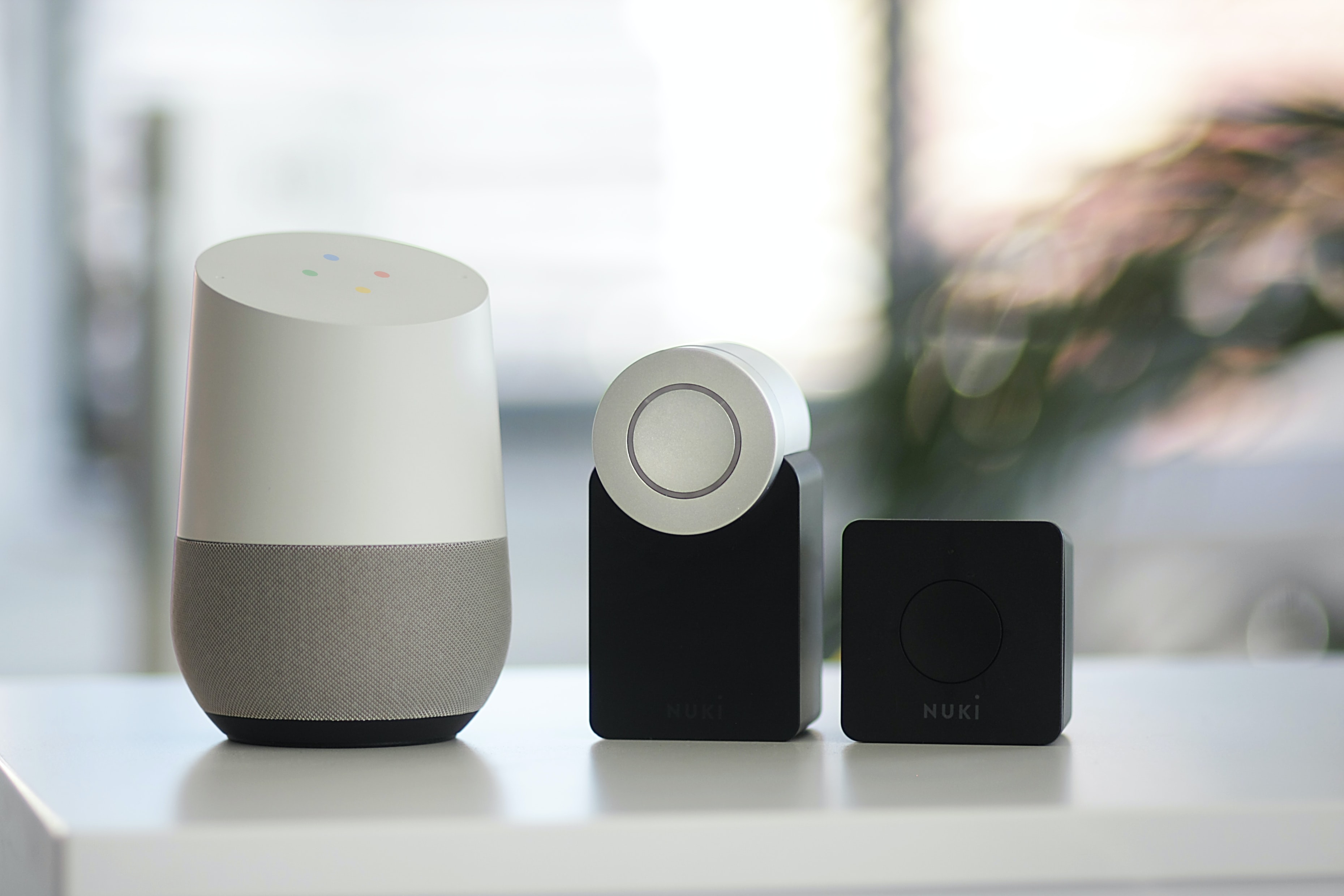"Home is where the heart is," a saying almost universally accepted no matter where you’re from, but why is this? Is it your dog, cat, fridge full of food, big screen TV, or comfy recliner? I argue that home is where the heart is because of privacy. There is nowhere else we can let our guard down quite the way we can at home. We do a lot to protect our home like using door locks, alarm systems, ferocious ankle biters, and now smart security cameras. Ring doorbell system (recently acquired by Amazon) sale numbers are expected to grow 21% every year until 2023, and supposedly they are already at millions of users. There are other competing companies such as Nest with similar growth as well. If you choose to use this technology, what does it mean for your privacy, and more importantly, your security?
These cameras offer a suite of functionality. Perhaps the most useful functions are the applications that can be used to monitor and control these systems. However, this is where the problems lie as unauthorized access to your accounts on these apps has a whole host of implications ranging from invasion of privacy to physical danger for your family and your property. For people who utilize systems with “smart locks,” the dangers are even more apparent.
Now that you understand some of the risks involved with using these systems, here is how you can protect them.
-
Passwords. Passwords. Passwords.
Hackers go for the lowest hanging fruit, and your password is just that. Credential stuffing is the process of taking leaked passwords associated with your online accounts and seeing if they are used for other accounts. This will certainly be the most common attack vector if the past is a good indicator. Make it a priority to ensure your password for your smart camera system is unique and is not used on any other account. Your password should also be at least ten characters long, no matter what the minimum password length is for the app.
-
Use Two-Factor Authentication
Using two-factor authentication will help protect you even if your password is compromised. The idea that this is not required for some smart camera apps is questionable, to say the least. Trust that two-factor authentication is a hacker's biggest headache. It is recommended to opt for an authentication app instead of using your phone number.
-
Ensure Your Email Account is Secured
Your email is one of the most crucial components of proper cyber hygiene. If your email is compromised, hackers can reset accounts that are registered with your email, including smart camera systems. Using the two previous tips with on your email account will offer you sufficient security.
With smart home cameras becoming more prevalent by the day, surely, the attention they receive from nefarious individuals will rise too. Implement these tips to be ahead of the curve and ensure your smart camera system security is up to snuff.





